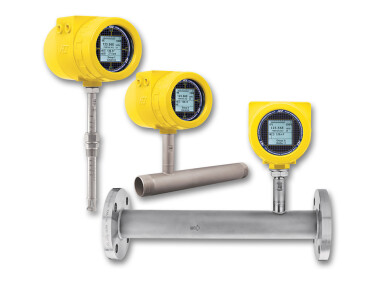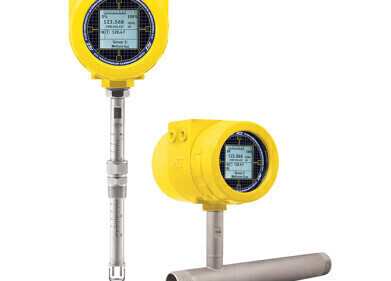Flow Level Pressure
Why is the US Banning naphtha?
Mar 23 2018
For more than five years Venezuela has been struggling with a socioeconomic and political crisis. From triple-digit currency inflation to food and medicine shortages, the country is reeling. Now, the South American nation has received yet another blow. Talks are currently underway which could see the US ban supplies of naphtha, a key commodity that's used to transport Venezuelan crude. According to experts the ban could suffocate Venezuelan production and cripple the nation's oil industry.
Transporting oil from A to B
Currently, production in Venezuela's Orinoco belt represents around 50% of the country's oil output. The oil is classified as extra-heavy, with a tar-like consistency. As a result, transporting crude from the oilfields to the coast is largely dependent on naphtha. The resource is imported from the US and acts as a diluent. Without it, Venezuelan crude is too viscous to flow through the pipelines that run to the coast. Transporting the oil to the coast is crucial, as this is where it can be upgraded or exported. Data suggests that Venezuela currently imports around 2 MMbbl of heavy naphtha per month, all sourced from US refiners. If the US cuts off Venezuela's supply of naphtha it could choke the industry and cut off one of the country's only sources of income.
Making a political statement
So why is America resorting to such extremes? Politics are a big influencer, with the US using sanctions to veto the policies of controversial Venezuelan president, Nicolas Maduro. This includes attempts to rewrite the country's constitution.
“We will not stand by while Venezuela collapses into dictatorship,” asserted Vice President Mike Pence during a recent visit to Colombia.
The US has already hit top Venezuelan officials with a string of sanctions and now it's targeting the oil industry. “The impact of a naphtha shortage ultimately comes down to the operational integrity of the heavy oil upgraders in Venezuela,” explains Pablo Medina, V.P. at Welligence Energy Analytics. “If the upgraders were to encounter operational issues or come offline, naphtha demand would increase significantly for heavy oil blending purposes.”
Beyond Venezuela, pipelines play a key role in transporting oil across the globe. Inspired by the medical industry, 'Sounds good – Using ultrasound for safer pipeline inspections' offers a closer look at the latest cutting-edge maintenance technology. Set to overtake radiography, ultrasonic phased array inspection is safe, fast and non-disruptive.
Digital Edition
PIN 25.5 Oct/Nov 2024
November 2024
Analytical Instrumentation - Picturing Viscosity – How Can a Viscometer or a Rheometer Benefit You? - Sustainable Grease Formulations: Evaluating Key Performance Parameters and Testing Method...
View all digital editions
Events
Dec 03 2024 Dusseldorf, Germany
Dec 08 2024 Anaheim, CA, USA
Turkey & Black Sea Oil and Gas
Dec 11 2024 Istanbul, Turkey
Dec 19 2024 Aurangabad, India
Jan 20 2025 San Diego, CA, USA



















